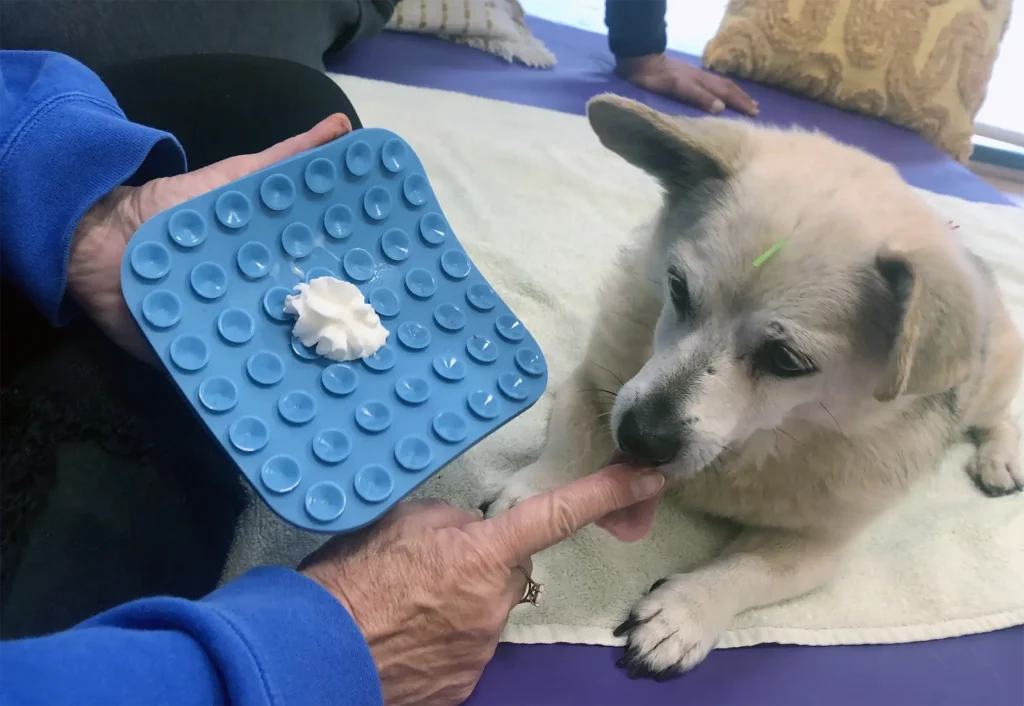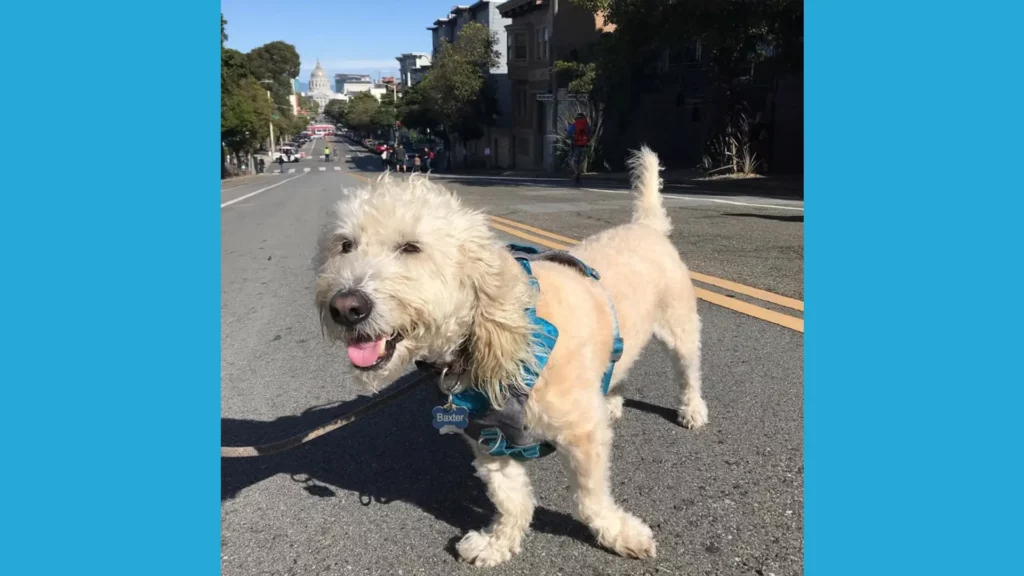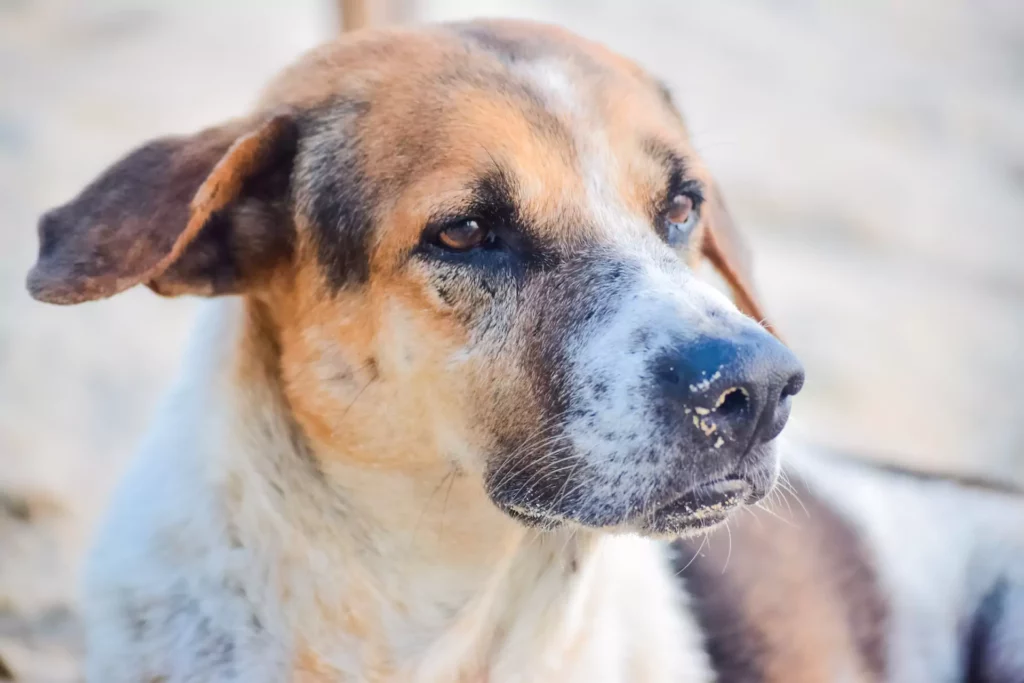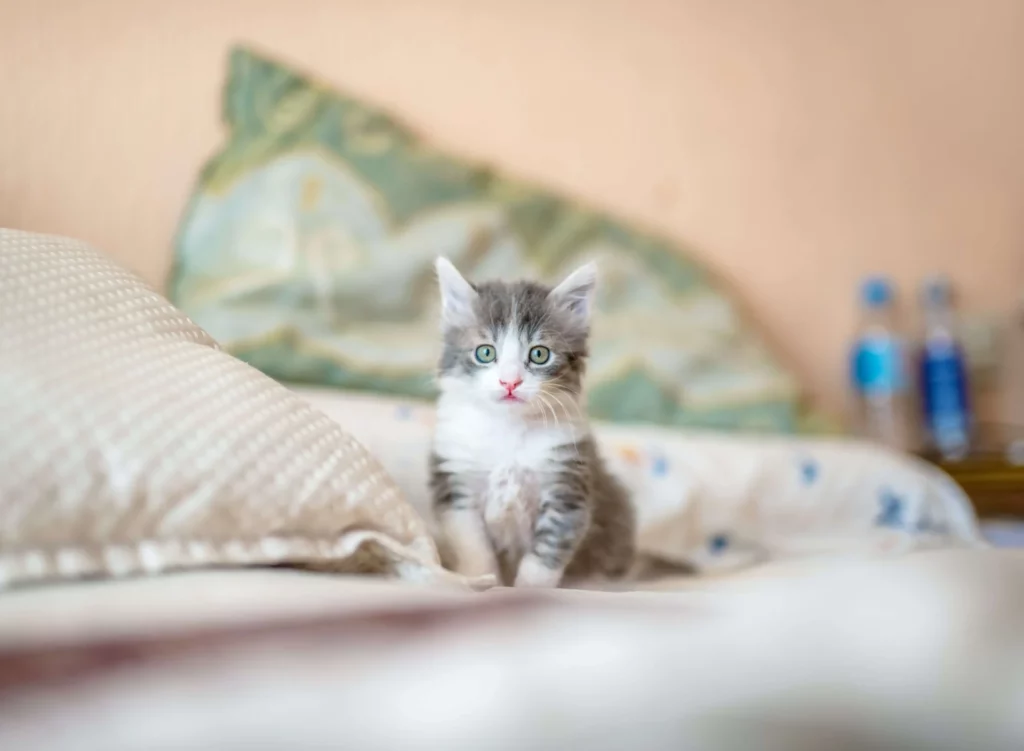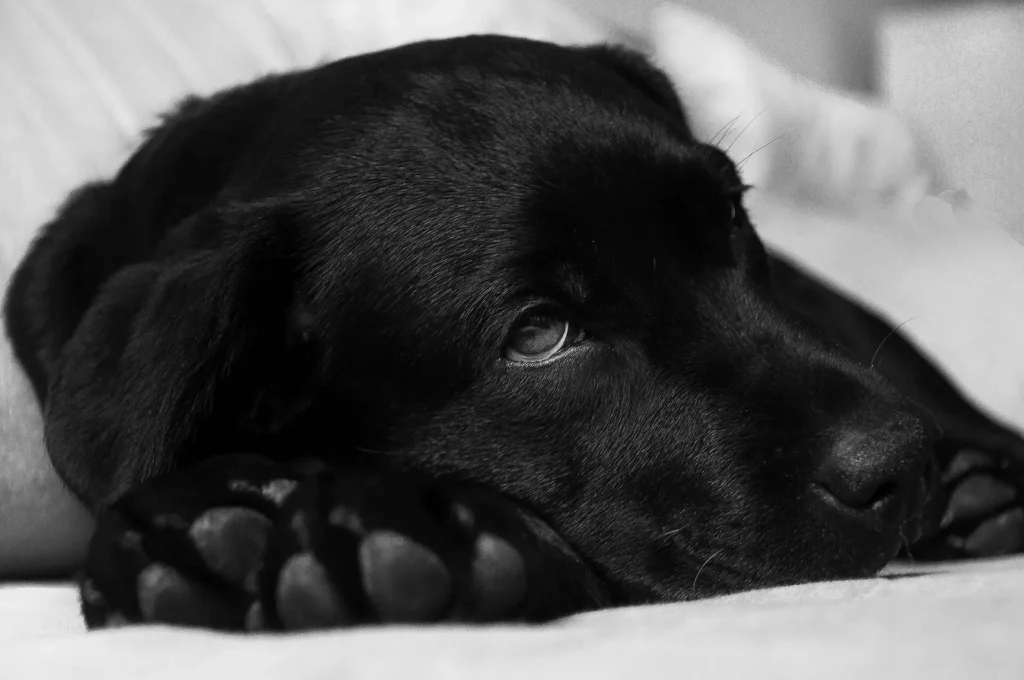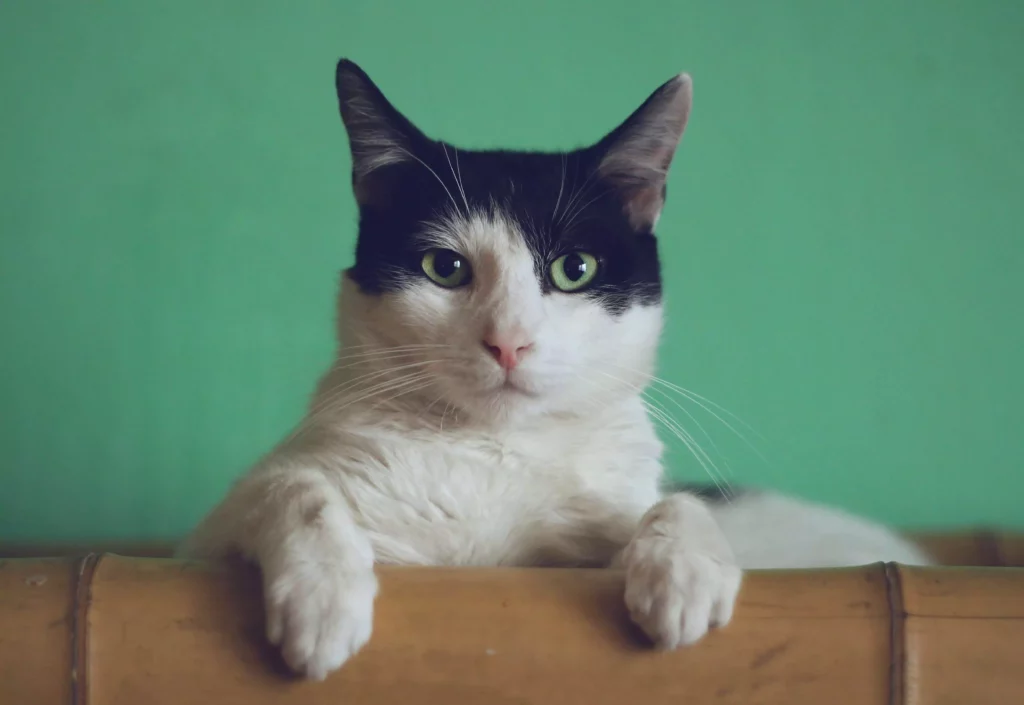Originally published in Bay Woof, April 2024“Ask Dr. Dog”Dr. Lisa Franzetta, [email protected] Pass the Needles! What to Expect at Your Dog’s First Acupuncture Appointment When I first met Ed, a 13-year-old Corgi-esque pup, his mom assured me the way to…
Winter Season Wisdom from Chinese Medicine
Originally published in Bay Woof, December 2023“Ask Dr. Dog”Dr. Lisa Franzetta, [email protected] Winter Season Wisdom from Chinese Medicine Baby, it’s cold outside! If you’ve noticed your bones are aching a little bit more on these chilly winter mornings–your senior dog…
Do you spend a lot of time on the water? Fido loves going to new places with his human pals. Many pooches also enjoy going boating. However, open water can be dangerous for your canine companion. You’ll need to take…
Have you recently adopted a kitten? Congratulations! It’s always fun and exciting to welcome a new pet into your home. Kittens are almost impossibly adorable, and have a remarkable capacity for melting hearts. Of course, it’s important to get things…
Did you know that chiropractic care is becoming more widespread in the animal care world? Pets can enjoy the same benefits from chiropractic treatments as people can. We’re happy to offer anything that helps our patients feel better! Read on…
One thing you have to love about cats is the fact that they’re so clean. You won’t have to bathe Fluffy, though you can if you want to, as long as your vet doesn’t object. However, your furry pal can…



